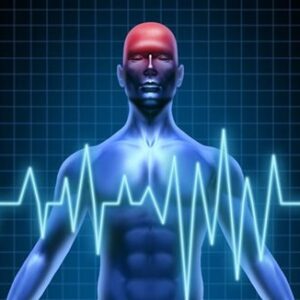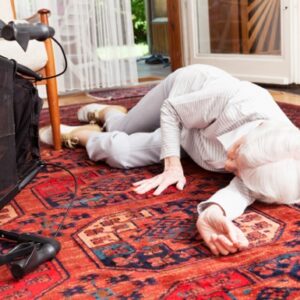our response to COVID-19
Balance Training For Seniors
Do You Know the Symptoms of a Stroke?
As the person responsible for the elderly care of an aging parent or loved one, you are surely aware of all of the possible medical crises that can occur. It is important, though, to know the signs and symptoms of each individual problem, so that you can take the correct action as quickly as possible. One of the medical emergencies…
Read MoreIs Your Elderly Loved One at Greater Risk for Falls?
Falls can be a common, but dangerous occurrence for the elderly. A fall is defined by medical professionals as any outside force that causes a person to have an unexpected or accidental land on the ground. Not to be confused with falls resulting from a loss of consciousness, falls are a major cause of brain injuries in the elderly, and…
Read MorePreventing Slip and Fall Accidents in the Elderly
The risk of falling seems minor. After all, we’ve all fallen at some point in our lives. The aftermath is usually a small scrape and a bruised ego. But falls in the elderly are not just embarrassing. As we age, the risk of serious injury from falling goes up greatly. One in every three adults age 65 and over falls…
Read MoreCategories
PATIENTS/CAREGIVERS
We’re here every step of the way, from helping you determine whether someone you love might need home health care services to working with you to determine which programs are right for you.
PROVIDERS
Sphinx Home Health Care is always here to support you and your patients. More hospitals, doctors, and nursing facilities in Wisconsin refer patients to us than any other service. Find out why.
TESTIMONIALS
"My family and I want to thank Sphinx Home Care for the wonderful job they are doing taking care of my father. I get comments on how good he looks." Read more testimonials about our at-home care.
THE CARE YOU DESERVE
We match each patient with in-home caregivers who are highly skilled at providing any needed therapies and who are compatible with the patient’s personality and the nature of their routine.
WHO QUALIFIES FOR HOME CARE?
To qualify for home care health services you must be “homebound” as defined by Medicare, meaning you have trouble without help from a cane, wheelchair, walker, crutches, or another person.
ACCREDITATION & AWARDS
An old saying states that something must be measured so that it can be improved. Sphinx Home Health Care has achieved so much in the past few years that we are proud to present our growth.










